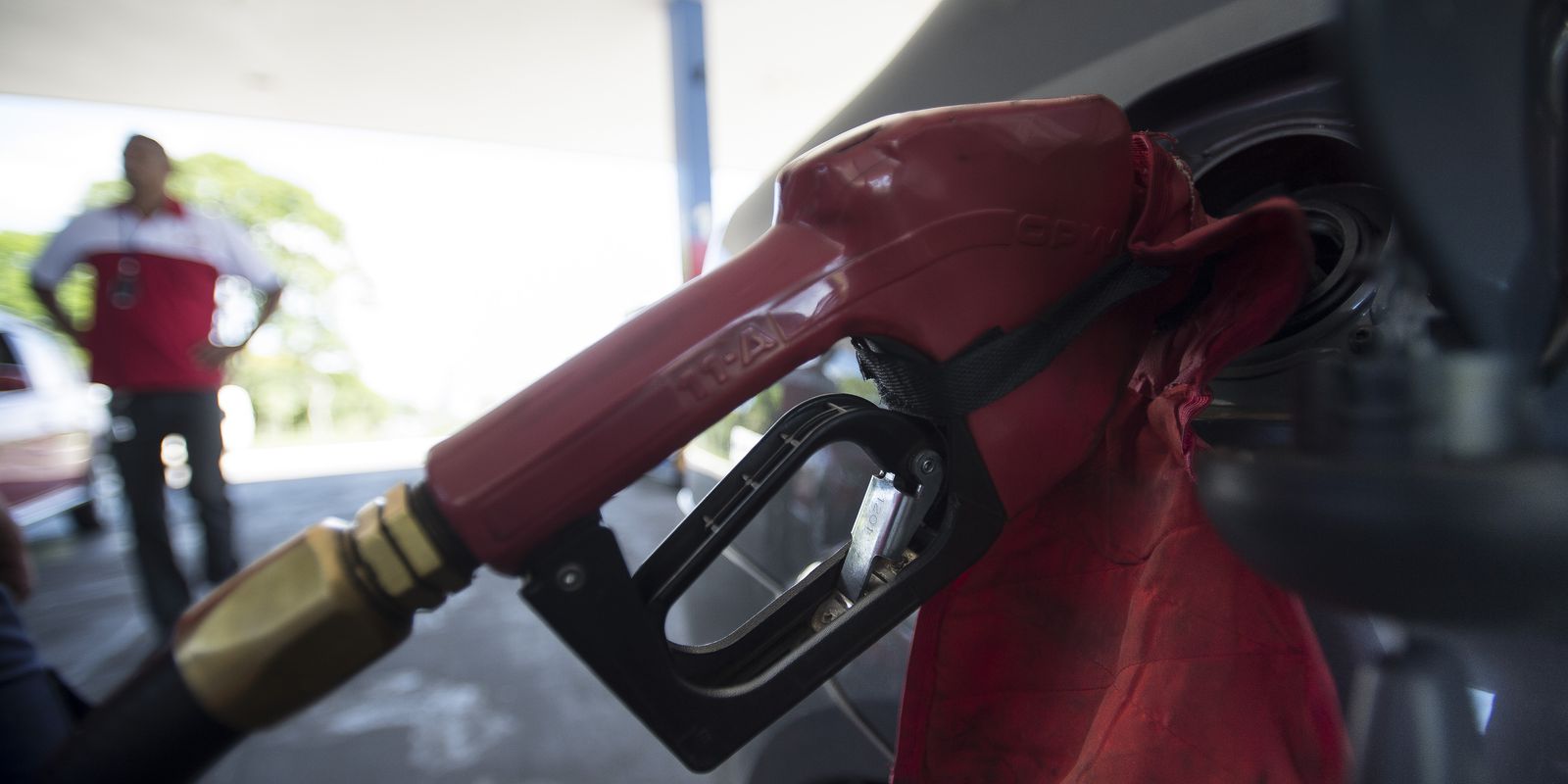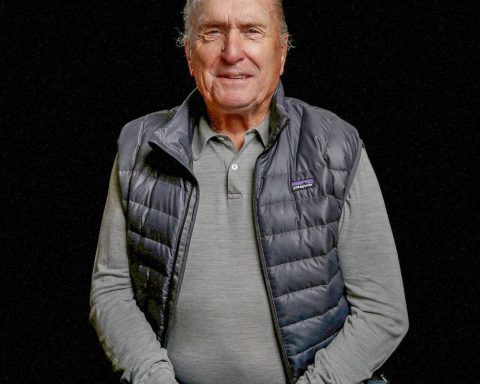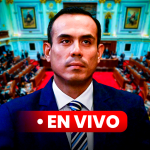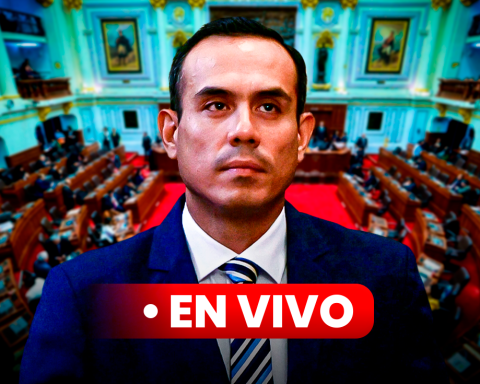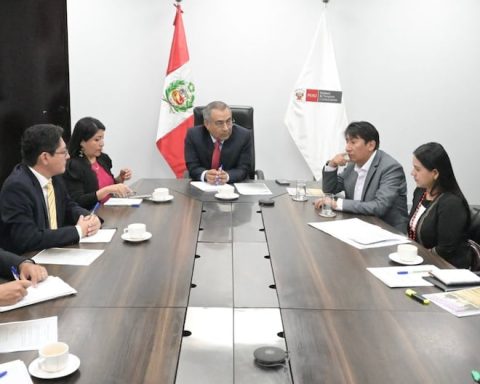After about four hours of discussion on the Senate floor, the vote on the projects that seek to reduce fuel prices was postponed until after Carnival. The two bills, the Complementary Bill (PLP) 11/2020 and the Bill (PL) 1,472/2021, were on the voting agenda today (23), and deal with a topic considered a priority in the Senate at the beginning of this year. year. The decision was taken by President Rodrigo Pacheco (PSD-MG) around 8:30 pm.
“The direction that the Presidency makes is that we have the clarity that the project was sufficiently discussed this afternoon. If there is a need for time for reflection, we will give this time for reflection, with the commitment that at the next session of the Senate, after Carnival, we can speak, the Senate of the Republic. And that we have a conclusion”, said Pacheco.
The rapporteur of the two projects, Senator Jean Paul Prates (PT-RN), read the PLP 11/2020 report and then everyone started to discuss the issue. Some senators spoke out for the postponement of the vote, asking for more time to settle points on the proposals. The rapporteur was willing to vote on both texts today, but will have to wait until March 8, the date set by Pacheco.
ICMS and Gas Aid
PLP 11/2020 proposes the simplification of the Tax on the Circulation of Goods and Services (ICMS) throughout the national territory, instituting the so-called “monophasia”, that is, the collection of the tax in only one stage of the production chain.
Currently, ICMS on fuel varies from state to state and is calculated throughout the distribution chain and on an average price at the pump. The PLP proposes that the tax has a fixed price, in reais, per liter of fuel, instead of being charged as a percentage of the final price of the product.
The project reported by Prates also brings an increase in the value of the gas allowance. It reviews the legislation that created the aid and expands the number of beneficiaries in 2022 to 11 million families. It would be double the fulfillment target in relation to the amounts originally approved in the annual budget law.
To pay for this expansion, Prates estimates the need to double the program’s budget, including another R$ 1.9 billion.
As a source for the expenses with the gas aid, the rapporteur indicated the funds raised with the signature bonuses of the oil fields of the Sépia and Atapu pre-salt. Both fields were purchased in the second round of bidding for the surplus volumes of the pre-salt transfer of rights, in December last year.
In defending the projects, Prates said that the solution to reduce fuel prices involves the approval of both, as, according to him, they are complementary. “This is a tool that many are wary of. [Mas] an effective tool will emerge. However, it becomes concrete in two bills.”
Stabilization Fund
PL 1.472/2021, on the other hand, creates a fund called the Stabilization Fund. The idea is to use resources from this fund to prevent constant changes in the price of oil and other variables that affect the value of fuels from directly affecting gas stations.
The PL establishes guidelines for the pricing policy for the sale of fuels and petroleum derivatives. They are: protection of consumer interests; reduction of external vulnerability; encouraging the use of the installed capacity of refineries; reasonable domestic prices; and reduction of domestic price volatility.
The project also stipulates that the prices of petroleum-derived fuels practiced in the country have as a reference the average quotations of the international market, the internal costs of production and the costs of importation.
The author of the project, Senator Rogério Carvalho (PT-SE) is a critic of the current formula for calculating fuel prices, based on the International Price Parity (PPI). In his assessment, the adoption of the PPI has consequences for the entire economy and harms the most vulnerable population. That’s why he presented a project to debate Petrobras’ pricing policy.
One of Carvalho’s arguments is that Petrobras would have reduced its refining capacity in order to increase the presence of the private sector in the sector, hence the calculation of the value based on the PPI. Also according to him, “the PPI results in extraordinary gains for Petrobras and the final objective would be to sell its refineries”.
The text also created an export tax on crude oil starting at US$40 a barrel. But the rapporteur encountered a lot of resistance among colleagues and removed the export tax from the text, to facilitate the approval of the project.
